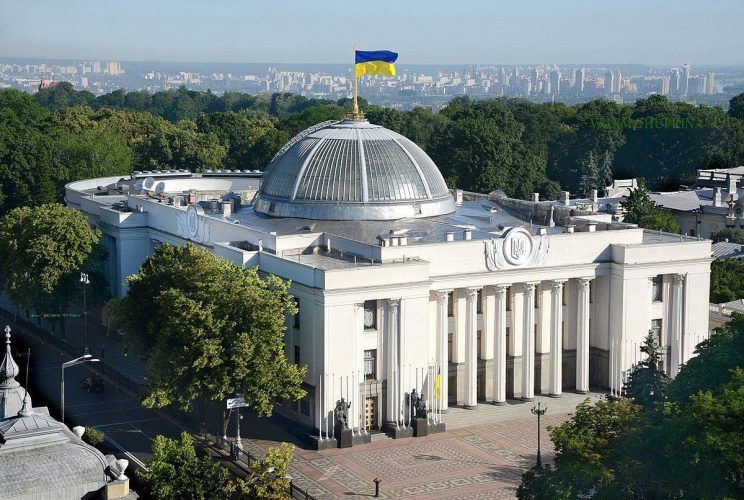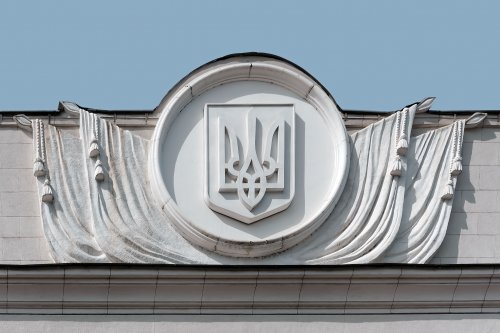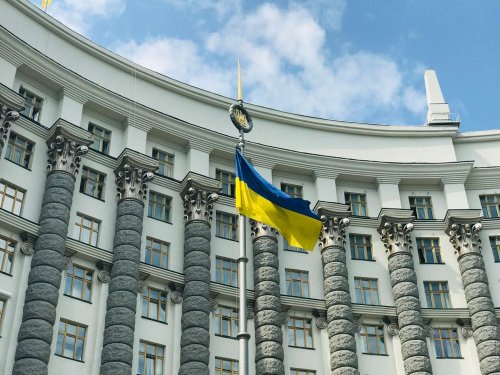The Parliament voted in the first reading for the draft law No. 12089 on strengthening the protection of the rights of a bona fide purchaser, which was previously criticized by representatives of environmental organizations.
This was reported by MP Yaroslav Zheleznyak on Telegram.
What is draft law No. 12089 about
This document provides for amendments to Articles 261, 388, 390 and 391 of the Civil Code of Ukraine. Its updated Article 388 establishes a 10-year period during which law enforcement agencies will be able to challenge illegally acquired property that previously belonged to state or municipal property and reclaim it. This period starts to run from the date of state registration of the acquirer's private property right or from the date of transfer of the property to the acquirer.
The new rules will not apply to:
- critical infrastructure facilities;
- state-owned objects of strategic importance for the economy and security of the state;
- objects of cultural heritage that are not subject to privatization;
- objects of the nature reserve fund.
The amended version of Article 390 prescribes a requirement for the state or territorial community to compensate the bona fide purchaser for the market value of the property based on a court decision. After that, they have the right to demand recovery of the paid market value of the property from the person through whose fault such property was acquired by a bona fide purchaser.
Who supported this draft law
The draft Law “On Amendments to the Civil Code of Ukraine on Strengthening the Protection of the Rights of a Good Faith Purchaser” was actively defended by business representatives. Thus, the Federation of Employers of Ukraine (FEU) spoke in favor of its adoption. It noted that this draft law sets a period of 10 years, which is significantly longer than the standard limitation period of 3 years for challenging the unlawful acquisition of property rights. The FEU believes that this draft law will create a more predictable environment for business development and for investors, which is a prerequisite for attracting investment to Ukraine.
The employers also emphasized that for the first time, real responsibility for local governments and state authorities for the provision of land plots is introduced with the obligation to compensate the market value of property in case of illegal alienation.
Members of the Union of Ukrainian Entrepreneurs (SUP) also supported the adoption of draft law No. 12089. They consider it “critically important for protecting the rights of bona fide purchasers, including businesses, from abuse of the law enforcement system, which often questions land acquisition transactions.” The CJS is confident that without guarantees of stable property rights, no national or international business will invest in Ukraine.
Who spoke against
Activists of the Ukrainian Nature Protection Group (UNPG) opposed the draft law on a bona fide purchaser. They believe that it will “legalize the carve-up of forests, water bodies and coastal strips.” According to the activists, the Ministry of Environmental Protection and the Environmental Committee of the Verkhovna Rada proposed to exclude forest and water fund lands from the scope of the draft law. They consider this quite logical, “because forests and water bodies can be transferred to private ownership only in exceptional cases.”
“Unfortunately, the initiator and first author of the draft law, MP Ihor Fris, refused to support this proposal at the meeting of the Environmental Committee and insisted on the original text of the draft law,” the UPG stated.
From this, the members of the UPG concluded that the main purpose of the document is actually “to legalize the carve-up of forests, water bodies, and coastal strips” and urged MPs not to support draft law No. 12089.
Vitaliy Shabunin, Chairman of the Board of the Anti-Corruption Action Center, also expressed his arguments against the adoption of this document. Among other things, he noted that “assets that cannot be private by law at all were often illegally transferred to private ownership through schemes: the coastal strip that blocks people's access to water bodies, the territory of the forest, and there are cases of attempts to appropriate water areas.”
"Actually, this law says that if 10 years have passed, then everything is legal," says Shabunin.
Earlier, EcoPolitic told about three schemes of illegal logging in Ukraine.




